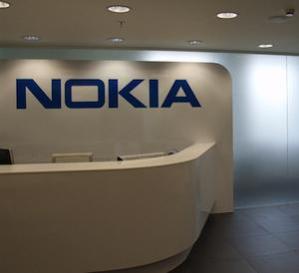
While many suspected that Nokia would completely eradicate the Symbian software from its mobile devices, it looks like the manufacturer has finally pulled the trigger. On Thursday the company confirmed that its 808 PureView smartphone, which launched last year, would be its last Symbian-based handset.
“During our transition to Windows Phone through 2012, we continued to ship devices based on Symbian,” the company wrote in its earnings announcement. “The Nokia 808 PureView, a device which showcases our imaging capabilities and which came to market in mid-2012, was the last Symbian device from Nokia.”
Rumors about the disappearance of Symbian are nothing new for Nokia. CEO Stephen Elop announced a while ago that the company would begin selling less Symbian devices, and now the handset maker is officially true to its word. This may come as no surprise, considering there was a significant discrepancy in the number of Symbian-based phones vs. Windows Phone-based devices sold in 2012. According to the company’s earnings report, Nokia pushed out 2.2 million Symbian handsets in Q4 2012, while it managed to sell 4.4 million Windows Phone Lumia smartphones during the same time period.
Symbian was one of the world’s leading smartphone platforms until it was dethroned by Android in 2011. The mobile medium has been in existence since 1998, when it was initially intended to act as a common smartphone platform to be shared between Nokia, Ericsson, Motorola, and Psion.
But, as the smartphone industry began to evolve and Apple and Google created their own successful mobile operating systems, Nokia acquired the lion’s share of Symbian. To further compete with the likes of Android, Nokia also decided to make Symbian an open-source mobile platform.
However, in recent times, Symbian has struggled to keep up with the over-saturated mobile market. Last quarter Symbian only accounted for 2.6 percent of smartphone shipments, paling in comparison to Android’s 72 percent of the market share.
Nokia executives noted that this would be the “last significant quarter for Symbian,” according to TechCrunch, as the company has been putting less effort toward its Symbian handsets. It seems that we can expect Nokia to be hooked on Windows Phone for the foreseeable future.

